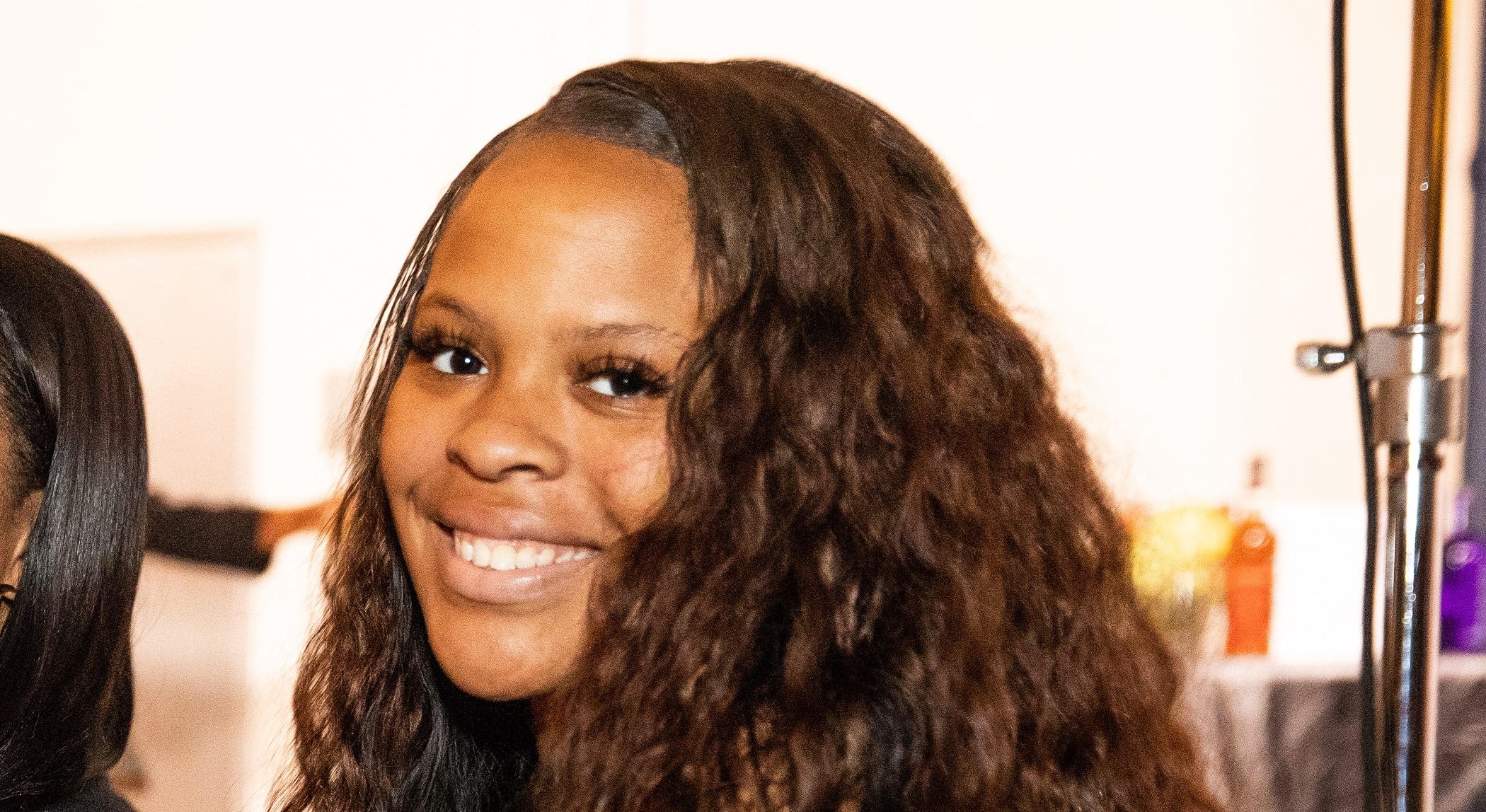March Madness, the ultimate college basketball tournament, tips off Tuesday for men and Wednesday for women. The NCAA will be closely scrutinized this Women's History Month following the influx of bad press during the 2021 tournaments that exposed disparities between the men's and women's resources.
Last year, Oregon Ducks forward Sedona Prince shared a video on Twitter that showed major inequities between the men's and women's training facilities. That viral video was just the first in a long list of disparities that would come to light. Others included differences in prepared meals, lodging, and even coronavirus testing.
For Mimi O'Neal, daughter of basketball Hall-of-Famer Shaquille O'Neal and forward at Texas Southern University, a historically Black institution, it was a defining moment that she hopes can spark real change.
"I think any lack of resources could impact competition. Still, we saw last year how girls were able to compete at a high level. Imagine what will happen if women were given the same resources and facilities," O'Neal told Cheddar.
Following a national outcry over the very clear differences in tournament preparation, law firm Kaplan Hecker & Fink conducted an independent investigation at the request of the NCAA and found the collegiate organization financially prioritizes the Division I men's tournament "over everything else" and normalizes gender inequities. The report also found that there were no in-house protections to prevent such massive discrepancies.
The gender disparities aren't just limited to just college hoops. On the professional level, women in the WNBA average a $100,000 salary annually whereas men in the NBA take home about $7 million per year. With the NCAA clearing the way for student-athletes to begin signing name, image, and likeness (NIL) deals, O'Neal said she thinks this could be the start of major brands and companies recognizing that women also have influence in sports.
"We have platforms, we have messages, and we can ball," she said. "We need more deals for college women's basketball, more deals for HBCUs, and more opportunities for women that want to make an impact. It's all about making steps for the next generation of NIL and, eventually, that [pay] gap will close."
NIL deals, however, are just one item on a list of solutions that could help level the playing field between men and women college hoopers. The Kaplan Hecker & Fink investigation also uncovered that the women's tournament was not only earning less than it should for television rights but that the NCAA was significantly undervaluing it.
After last year's tournament garnered national attention, companies and organizations are working to bring more awareness to the inequalities women face — even beyond sports. Now, Influential, an influencer marketing agency, and TIAA, a financial services firm specializing in retirement funds, have partnered with a number of women athletes in the WNBA and NCAA, including Mimi O'Neal, on the #RetireInequity campaign. As women continue to earn just 82 cents on the dollar compared to men, the campaign looks to highlight prominent women athletes, their respective contributions, and why they should be earning on the same level as men.
"Empowerment is a process of always improving and giving strength to those around us. I think every day is an opportunity to empower each other and be a part of the change we want to see," O'Neal told Cheddar.



